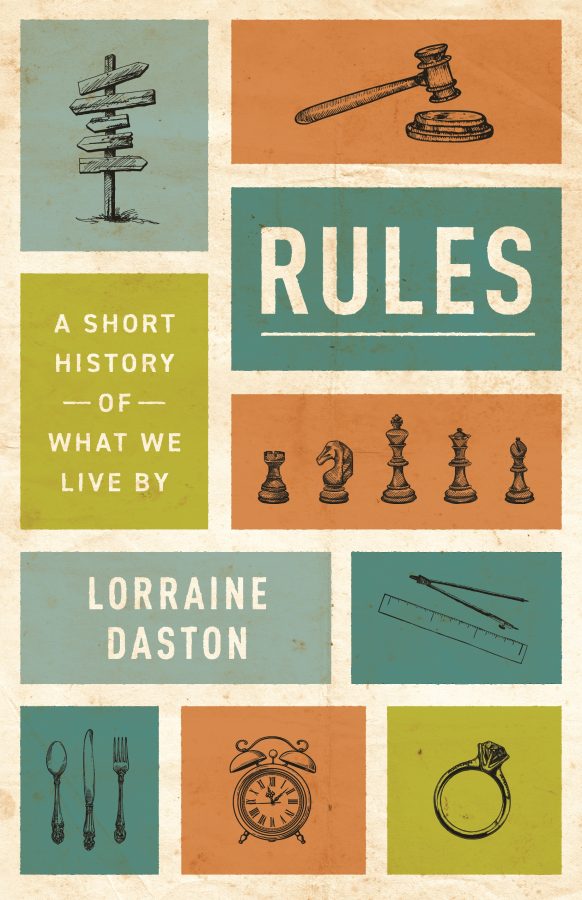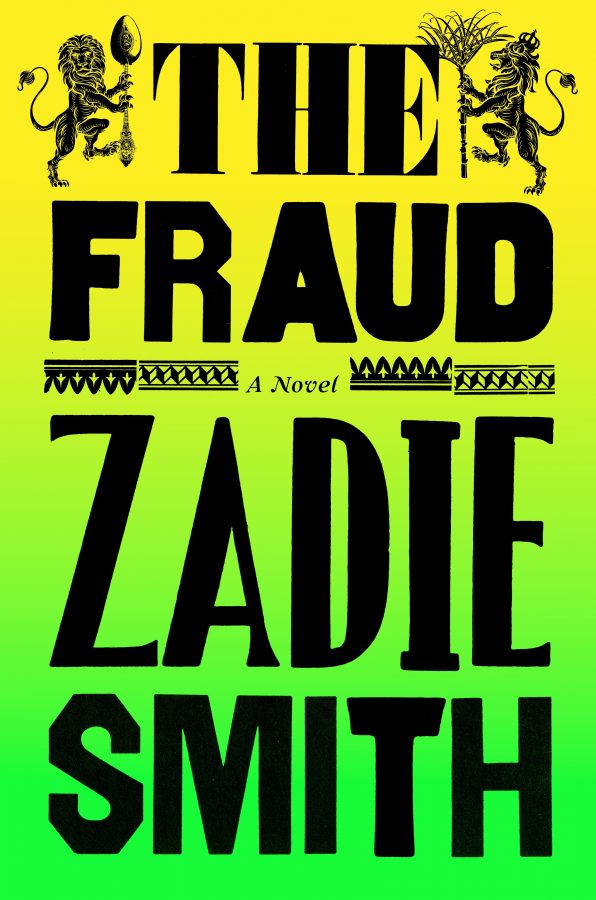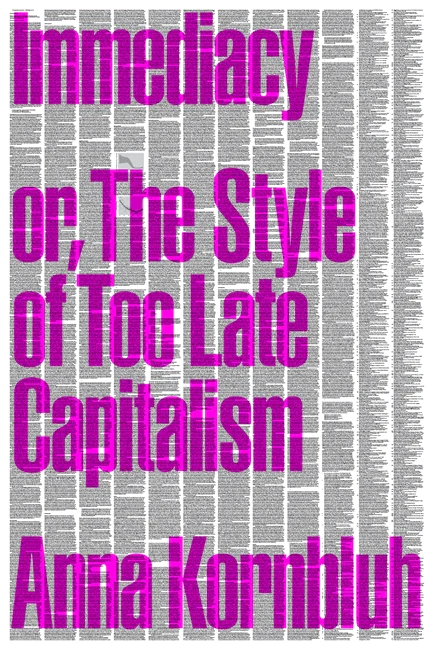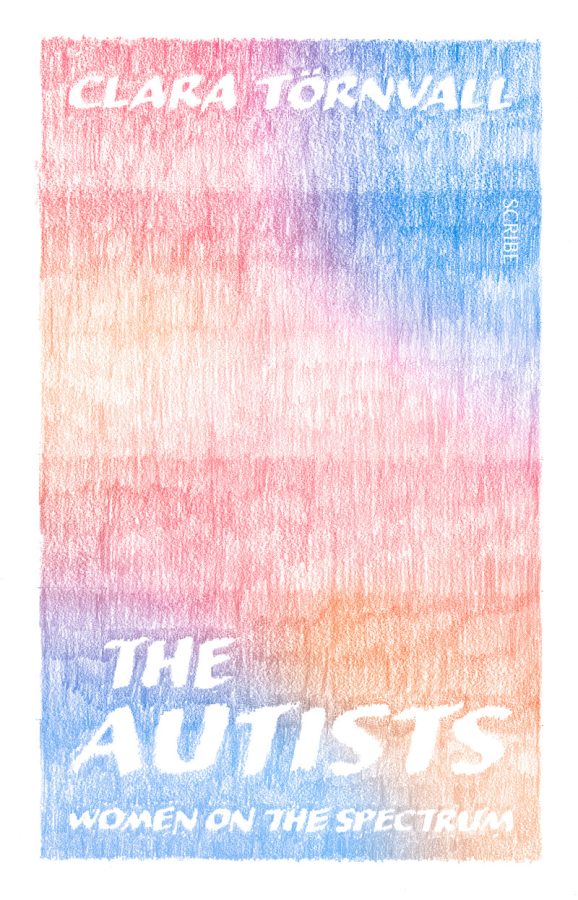Reviews
Selling Tales, Telling Sales
Since the 1980s, fiction has become big business. In her review of Dan Sinykin’s wide-ranging study of American publishing, Alice Grundy argues for the importance of the demythologising effects of Sinykin’s institutionalist approach for both literary scholarship and industrial relations.
Mar. 2024 •
Non-fiction • Publishing
Getting Shirty
Lucy Van reviews π.O.’s The Tour, a pugnacious verse chronicle of a poetic caper around the United States. From his dirty t-shirt to his dissatisfactions with American food, π.O.’s emblematic gestures of refusal characterise a volume that, for Van, exposes ‘the orders and disorders of our national poetry’.
Feb. 2024 •
Australian literature • Poetry











